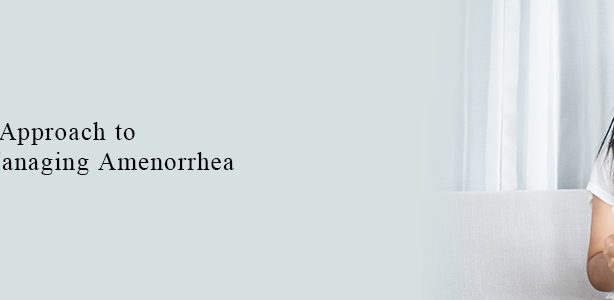Sinusitis, a form of inflammation inside the nasal passage, triggers pain in the areas surrounding the nose. According to the expert at Ayurveda Singapore, there are several causes of sinusitis. As different patients experience different levels of the condition, the physician has to initially diagnose whether the condition is acute, sub-acute, chronic, or recurrent. It is not cumbersome to diagnose sinusitis as there are simpler diagnostic methods, where the Ayurveda Singapore physicians are able to distinguish a common cold from sinusitis-like conditions.
When the sinuses are filled with air, and when it gets blocked and filled with fluid, chances are high that germs (bacteria, viruses, and fungi) will grow and trigger infection. General symptoms include headache or pressure in the eyes, nose, cheeks, or migraine type of ache on one side of the head. Also, other conditions noted in a sinus-infected patient include cough, fever, bad breath, and nasal congestion that results in thick nasal secretions.
The expert at Ayurvedic Singapore says that this condition is connected to Dushta Pratishyaya, where Kapha is the main dosha. What’s more, it gets aggravated and vitiates the Prana Vata (sub type of Vata), which is majorly present in the respiratory tract. The Ayurvedic approach to sinusitis treatment is multi-pronged and can involve a combination of detoxification processes through Panchakarma, oral medicines, and dietary and lifestyle modifications. Nasyam, Lepanam, Thalam, Vamanam, and Shirodhara are commonly practiced depending on the dosha predominance and severity, says the expert at Ayurveda Singapore.
Panchakarma
The expert at Ayurvedic Singapore says under the science of Ayurveda, the practitioner initially identifies what ‘dosha’ a particular patient has, and once that is figured out, then appropriate management is prescribed. As sinusitis is a condition linked to the presence of toxins, the practitioner will then address the issue primarily to detoxify. Within the Panchakarma method of Ayurvedic treatment, there are different methods prescribed, such as Nasyam and Rasaayan therapies.
Nasyam
Nasya Karma, otherwise called, Nasyam, is a unique and one of the five detoxification therapies prescribed in Ayurveda, highly successful in managing sinusitis. It is a process in which medicated oil or powder or fresh juice is administered through the nostrils to clear the accumulated Kapha. It helps prevents recurrence. The average duration of the therapy is a week, says the expert at Ayurvedic Singapore. Oral medicines’ duration will be around 6 – 12 months, depending on the pace of recovery. The expert at Ayurveda Singapore says that under this method, the affected person is made to lie on his or her back while a specially made medicated oil is passed through the nostrils to flush or detoxify the area. Once this is done, the condition will go away, and it will not relapse.
Rasaayan
This is another practice under Ayurveda’s Panchakarma section. In Ayurvedic parlance, sinusitis is considered an imbalance in the levels of fluids within the body. Rightly so, if the balance is restored, then the patient will recover, says the expert from Ayurvedic Singapore.



